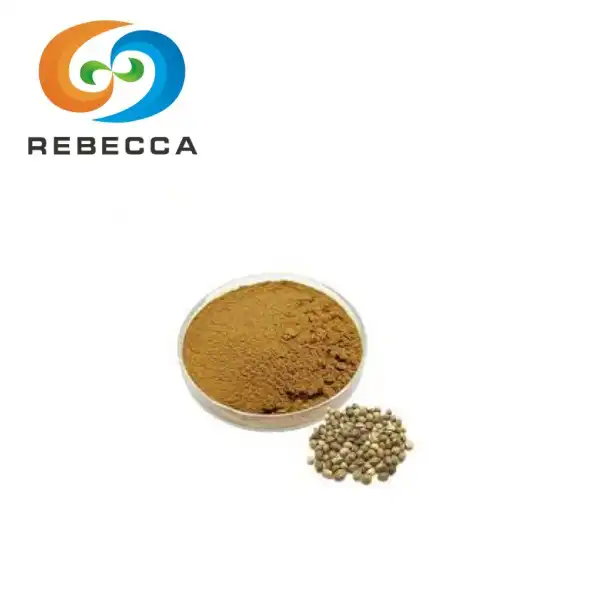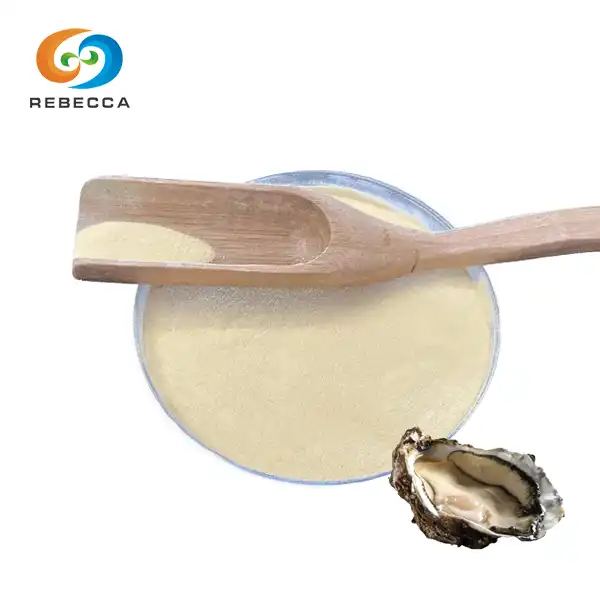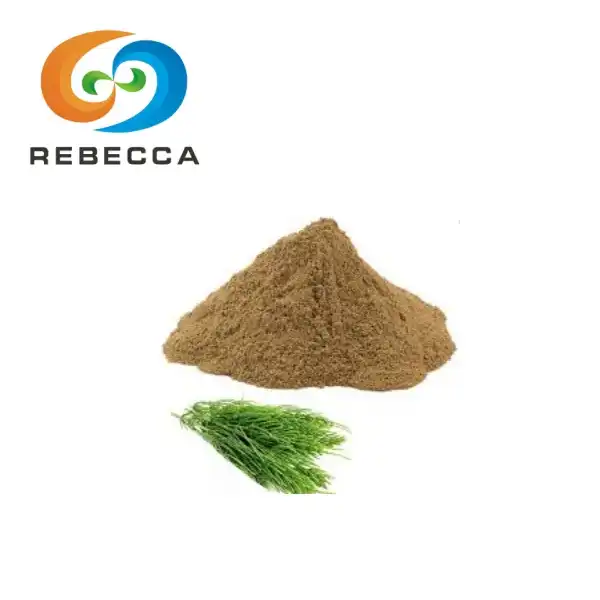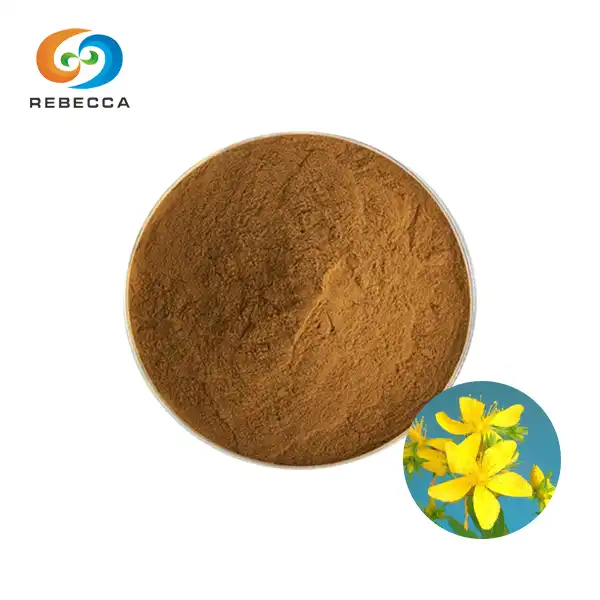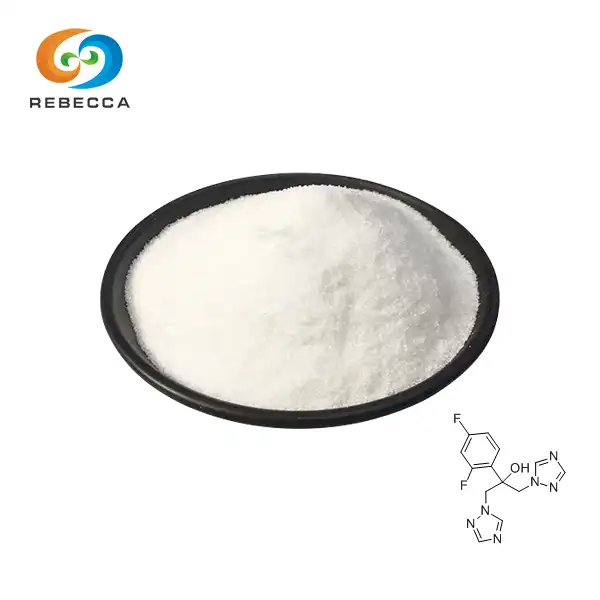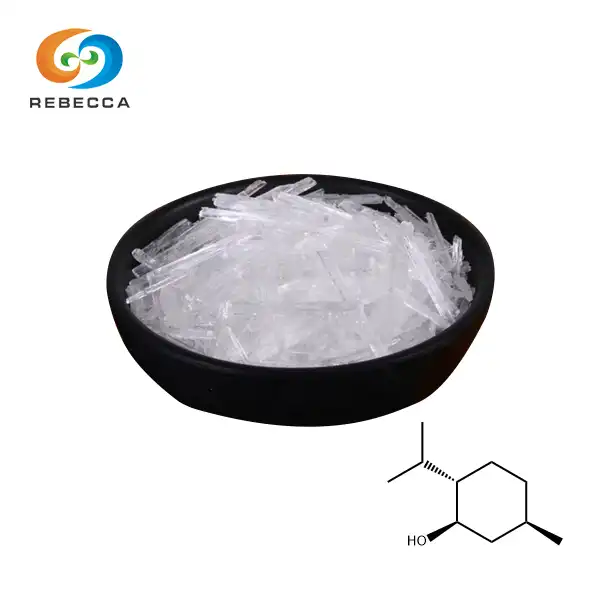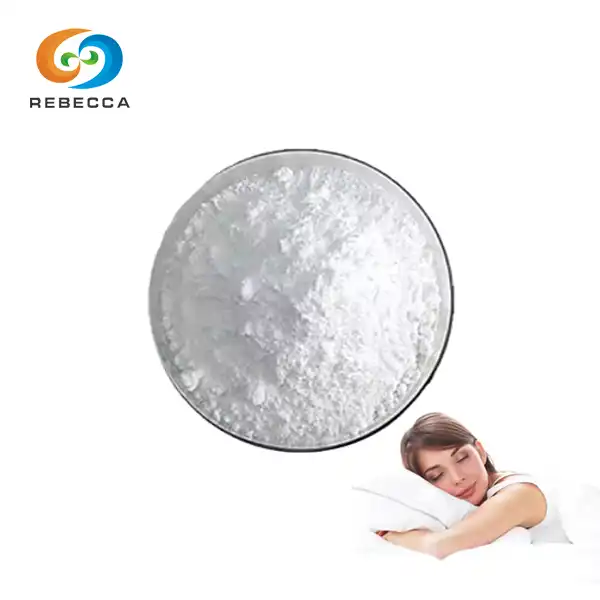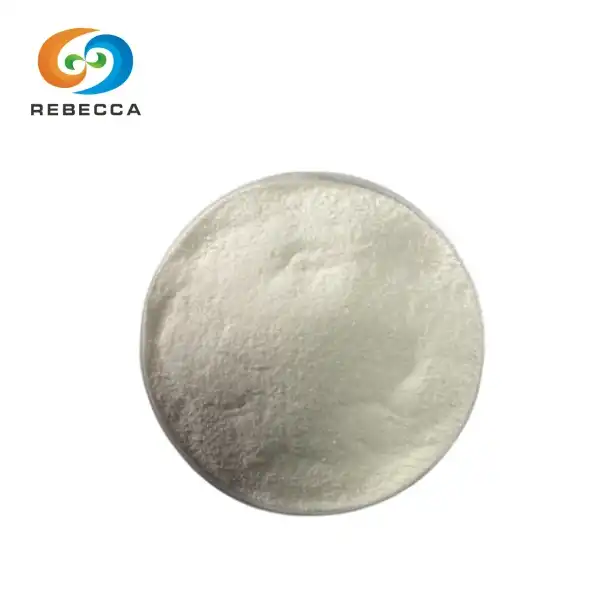Is Micronized Creatine Better Than Regular Powder?
Creatine has long been a staple supplement for athletes and fitness enthusiasts looking to enhance their performance and build muscle mass. As the supplement industry evolves, new forms of creatine have emerged, with micronized creatine gaining popularity. But is micronized creatine truly superior to regular creatine powder? In this comprehensive guide, we'll explore the benefits of the best pure creatine monohydrate, how to choose the right product, and compare micronized and regular creatine to help you make an informed decision
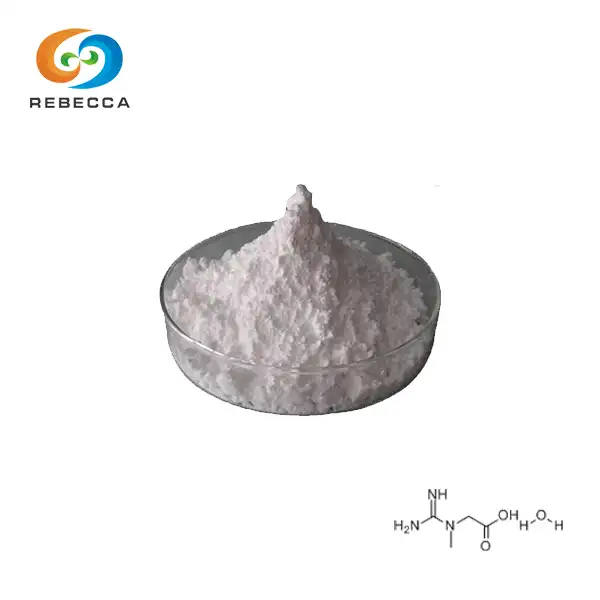
【Product name】: Creatine Monohydrate
【Specification】 99.5%-102.0% 【CAS No.】: 6020-87-7
【Molecular Formula】: C4H11N3O3
【Appearance】:White crystal or white powder
【Test Method】: HPLC
Top Benefits of Best Pure Creatine Monohydrate
best pure creatine monohydrate offers a wide range of benefits for athletes, bodybuilders, and even individuals with certain health conditions. Let's delve into some of the most significant advantages:
Enhanced Athletic Performance
Creatine monohydrate is renowned for its ability to boost athletic performance. It increases phosphocreatine stores in muscles, which helps regenerate adenosine triphosphate (ATP) - the primary energy source for muscle contractions. This leads to improved power output, especially during high-intensity, short-duration activities like weightlifting and sprinting.

Increased Muscle Mass
One of the most sought-after benefits of creatine supplementation is its potential to increase muscle mass. Creatine draws water into muscle cells, causing them to swell and potentially triggering protein synthesis. This process, combined with resistance training, can lead to significant gains in lean muscle mass over time.

Accelerated Recovery
The best pure creatine monohydrate aids in post-workout recovery by reducing muscle damage and inflammation. It may also help replenish glycogen stores more quickly, allowing athletes to bounce back faster between training sessions.

Cognitive Benefits
Emerging research suggests that creatine supplementation may have cognitive benefits. It could potentially improve memory and brain function, particularly in vegetarians and older adults who may have lower natural creatine levels.

Potential Therapeutic Applications
Beyond its athletic applications, creatine monohydrate shows promise in treating various medical conditions. It may help manage neurodegenerative diseases, improve glucose control in diabetics, and support bone health in older adults.
How to Choose the Best Pure Creatine Monohydrate?
With numerous creatine products on the market, selecting the best pure creatine monohydrate can be challenging. Here are some key factors to consider:
Purity and Quality
Look for products with a purity level of at least 99.9%. High-quality creatine monohydrate should be free from contaminants and fillers. Third-party testing and certifications like NSF or Informed-Choice can provide assurance of product quality.
Manufacturing Process
Consider products that utilize advanced manufacturing techniques. For instance, Shaanxi Rebecca Bio-Tech Co., LTD employs high-temperature drying and ultra-fine grinding to ensure maximum nutrient retention and enhanced absorption.
Solubility
Opt for the best pure creatine monohydrate that dissolves easily in water. Poor solubility can lead to incomplete absorption and may cause potential gastrointestinal discomfort, reducing the overall effectiveness of the supplement.
Brand Reputation
Choose creatine from reputable manufacturers with a track record of producing high-quality supplements. Research the company's history, customer reviews, and any scientific studies conducted on their products.
Cost-Effectiveness
While price shouldn't be the sole determining factor, compare the cost per serving of different products. Remember that the cheapest option isn't always the best value if it compromises on quality.
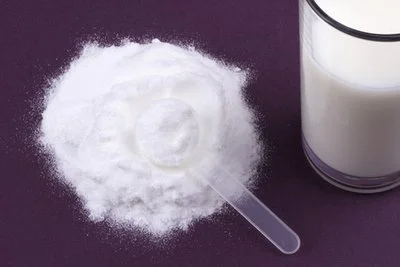
Micronized vs Regular Creatine: What You Need to Know?
As the debate between micronized and regular creatine continues, it's essential to understand the differences and potential advantages of each form.
Particle Size
The primary difference between micronized and regular creatine lies in the particle size. Micronized creatine undergoes a process that reduces the particle size to about 20 times smaller than regular creatine. This results in a finer powder with increased surface area.
Solubility and Mixability
Due to its smaller particle size, micronized creatine tends to dissolve more easily in water compared to regular creatine. This improved solubility can lead to better mixability, reducing the gritty texture often associated with regular creatine powder.
Absorption and Efficacy
While some manufacturers claim that micronized creatine is absorbed more efficiently by the body, scientific evidence supporting this assertion is limited. Both forms, including the best pure creatine monohydrate, appear to be equally effective in increasing muscle creatine stores and enhancing performance when consumed at equivalent doses.
Gastric Comfort
Some users report experiencing less gastrointestinal discomfort with micronized creatine compared to regular creatine. This could be due to the improved solubility and reduced particle size, which may minimize the amount of unabsorbed creatine reaching the intestines.
Cost Considerations
Micronized creatine often comes with a higher price tag due to the additional processing involved. However, the price difference is generally minimal, and many users find the potential benefits in terms of mixability and gastric comfort worth the extra cost.
Personal Preference
Ultimately, the choice between micronized and regular creatine often comes down to personal preference. Some individuals may prefer the finer texture and improved mixability of micronized creatine, while others may find no significant difference in their experience with regular creatine powder.
Conclusion
While micronized creatine offers potential advantages in terms of solubility and mixability, both forms of creatine monohydrate are equally effective when it comes to enhancing athletic performance and building muscle mass. The best pure creatine monohydrate, whether micronized or regular, should prioritize purity, quality, and manufacturing standards. When choosing a creatine supplement, consider factors such as third-party testing, brand reputation, and your personal preferences to find the product that best suits your needs.
At Shaanxi Rebecca Bio-Tech Co., LTD, we are committed to providing exceptional quality best pure creatine monohydrate. Our advanced production processes, including high-temperature drying and ultra-fine grinding, ensure maximum nutrient retention and optimal absorption. Whether you're an athlete looking to enhance your performance or a health-conscious individual seeking the benefits of creatine supplementation, we invite you to experience the difference of our premium products. For more information about our natural herbal extracts and best pure creatine monohydrate, please contact us at information@sxrebecca.com.
FAQs
Is micronized creatine more effective than regular creatine?
While micronized creatine may dissolve more easily, both forms are equally effective in terms of performance enhancement and muscle building when taken at equivalent doses.
How should I take best pure creatine monohydrate?
The typical dosage is 3-5 grams per day, taken with water or a carbohydrate-rich beverage. Some people prefer to split this into smaller doses throughout the day.
Are there any side effects of creatine supplementation?
Creatine is generally safe for most people. Some may experience minor side effects like bloating or stomach discomfort, which often subside with continued use or by adjusting the dosage.
Can vegetarians benefit from creatine supplementation?
Yes, vegetarians may particularly benefit from creatine supplementation as their diets are typically lower in natural creatine sources.
How long does it take to see results from creatine supplementation?
While some effects may be noticeable within a week, it typically takes 2-4 weeks of consistent supplementation to fully saturate muscle creatine stores and experience maximum benefits.
References
1. Kreider, R.B., et al. (2017). International Society of Sports Nutrition position stand: safety and efficacy of creatine supplementation in exercise, sport, and medicine. Journal of the International Society of Sports Nutrition, 14, 18.
2. Rawson, E.S., & Volek, J.S. (2003). Effects of creatine supplementation and resistance training on muscle strength and weightlifting performance. Journal of Strength and Conditioning Research, 17(4), 822-831.
3. Buford, T.W., et al. (2007). International Society of Sports Nutrition position stand: creatine supplementation and exercise. Journal of the International Society of Sports Nutrition, 4, 6.
4. Gualano, B., et al. (2012). Exploring the therapeutic role of creatine supplementation. Amino Acids, 42(5), 1409-1422.
5. Jäger, R., et al. (2011). Analysis of the efficacy, safety, and regulatory status of novel forms of creatine. Amino Acids, 40(5), 1369-1383.
_1730691017423.webp)










